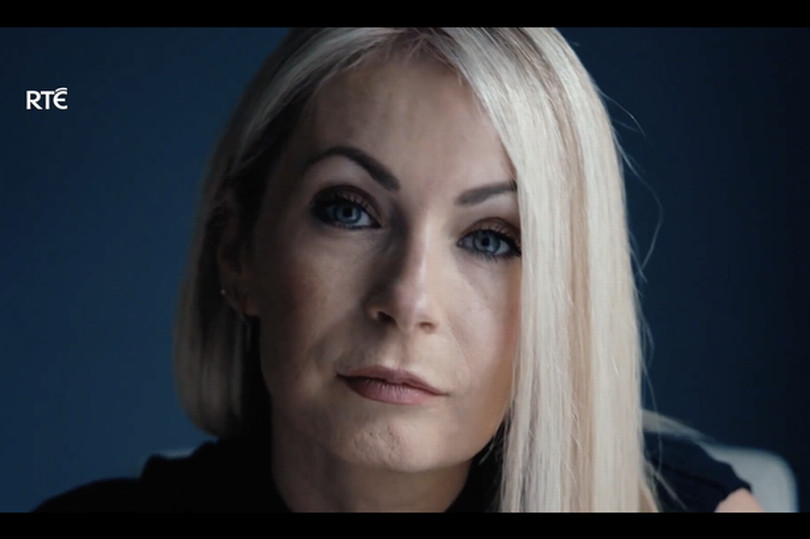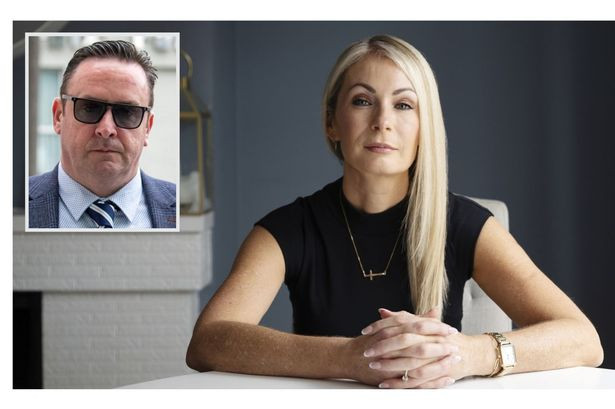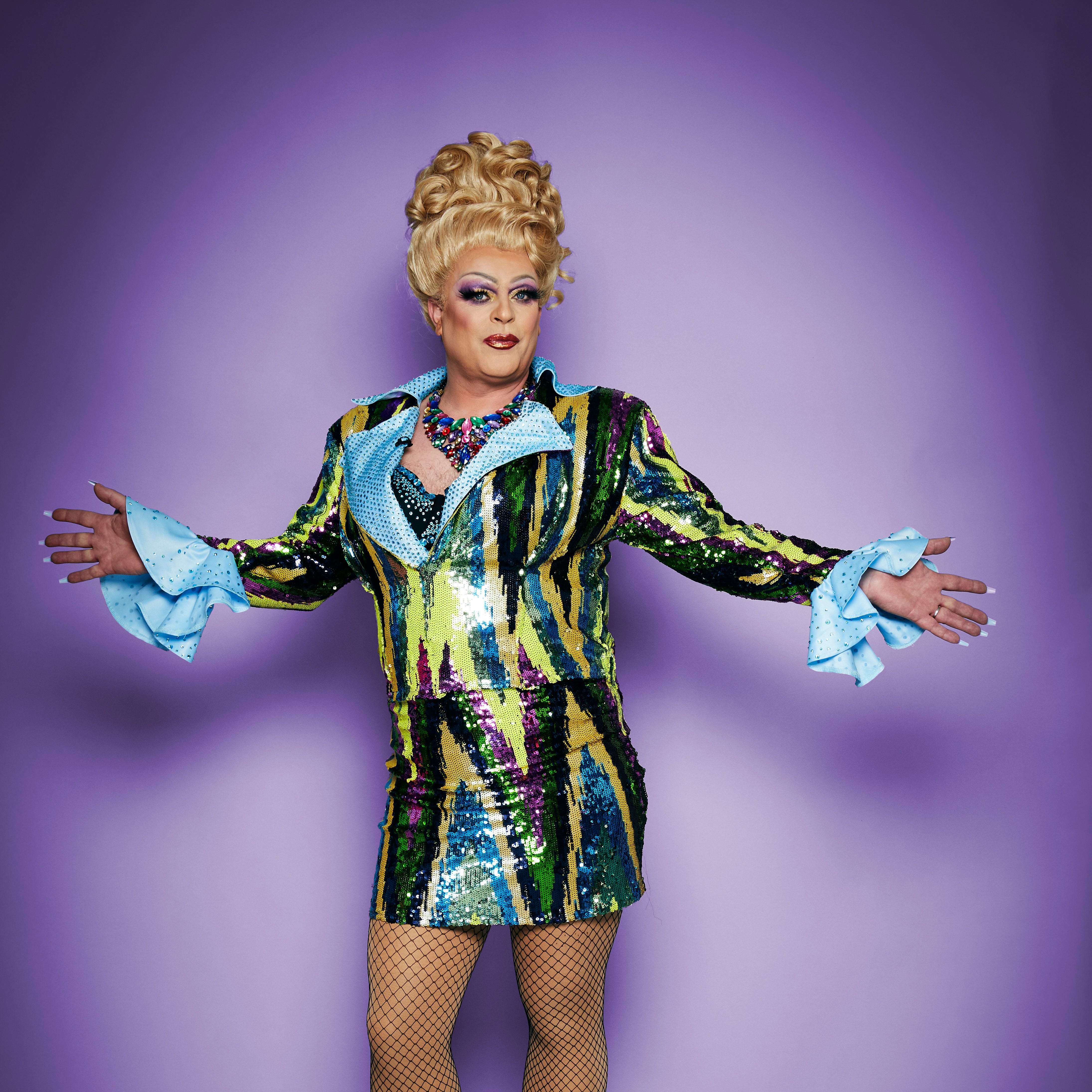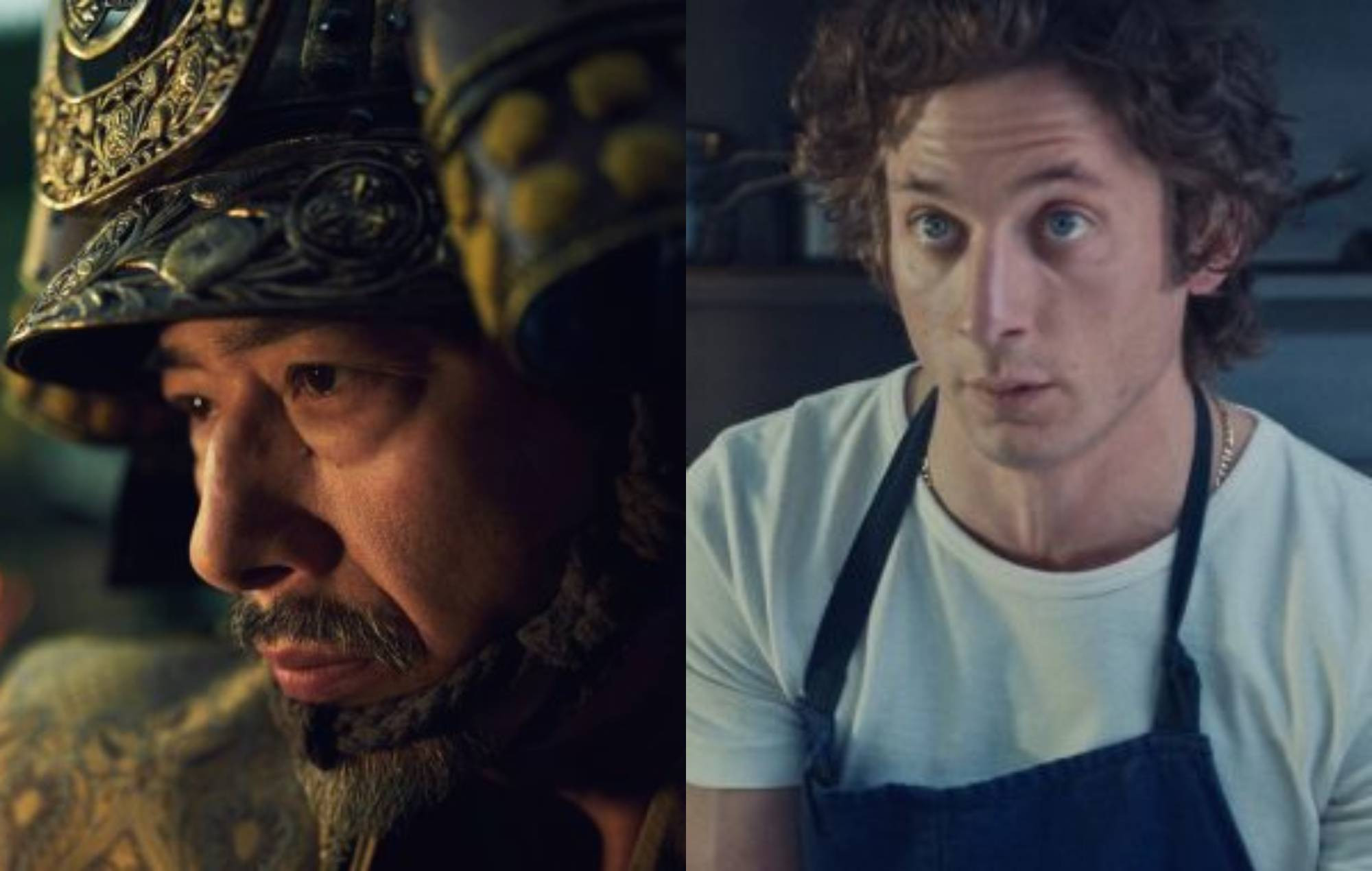Nicola Hanney is celebrating a parenting win this afternoon. Her six-year-old son Jack* was successfully brought into school earlier for a school tour, and is now back home for lunch. His reward chart in the kitchen is adorned with stickers. Hanney’s sister and niece have dropped into the house for a social visit. It’s a house full of love and laughter and busyness.
“I’m definitely so much stronger than I’ve ever been,” Hanney tells me, her skin glowing with good health. “I’m not just saying this, but I’m just so happy and content. In a great place.”
On tonight's 'Late Late Show', Nicola Hanney told Patrick Kielty about the abuse she endured at the hands of her former partner, Garda Paul Moody. Hanney, who was diagnosed with terminal cancer during her relationship with Moody, bravely shared her story on the ‘Late Late Show’ this week. She described how she met Moody on a dating app and initially found him charming. However, she eventually realized that he was controlling and abusive. She revealed that the abuse only got physical after their son was born, with Moody even threatening her during her hospital stay.
Hanney also discussed the impact of Moody’s conviction for coercive control, the first person in Ireland to be convicted of this type of abuse. “The whole thing was horrendous,” she said. “To me, on the way home in the car after the court case, I honestly felt like somebody had died… there was nothing to celebrate for me. That was my child’s father. That affected me for a long time after that.”
Hanney is now speaking out about her experiences in a new book, Stronger: What Didn’t Kill Me, Made Me. She hopes that her story will help other women who are experiencing abuse to find the courage to speak out.
The Impact of Coercive Control
Hanney’s story is a stark reminder of the devastating impact of coercive control. This type of abuse is often subtle and insidious, making it difficult for victims to recognize and escape. It can involve a range of behaviors, such as:
- Isolating the victim from friends and family
- Controlling their finances
- Monitoring their movements
- Threatening violence
- Humiliating them in public
Coercive control can have a profound impact on a victim’s mental and physical health. They may experience symptoms of anxiety, depression, and post-traumatic stress disorder. They may also be at increased risk of physical violence and even death.
Finding Support
If you or someone you know is experiencing coercive control, it’s important to know that you are not alone. There are many resources available to help. You can contact:
- The National Domestic Violence Hotline: 1-800-799-SAFE (7233)
- The Rape, Abuse & Incest National Network (RAINN): 1-800-656-HOPE (4673)
- The National Coalition Against Domestic Violence: 1-800-799-SAFE (7233)
You can also get help online at RAINN’s website: https://www.rainn.org
Breaking the Cycle
It is possible to break free from coercive control and rebuild your life. It takes courage and support, but it is possible. Here are some tips for surviving coercive control:
- Trust your instincts. If you feel like something is wrong, it probably is. Don’t dismiss your feelings as being “too sensitive” or “overreacting.”
- Talk to someone you trust. It can be difficult to talk about abuse, but it’s important to reach out for support. Tell a friend, family member, therapist, or anyone else you feel comfortable confiding in.
- Seek professional help. A therapist can help you to understand coercive control and develop coping mechanisms. They can also provide support and guidance as you work to heal from the abuse.
- Create a safety plan. If you are in danger, it’s important to have a plan in place. This may involve leaving your home, contacting the police, or seeking shelter at a safe house.
Living with Courage and Hope
Nicola Hanney has shown incredible courage in speaking out about her experiences. She is a powerful advocate for survivors of coercive control and a testament to the strength of the human spirit. Her story is a reminder that we can overcome adversity and live with hope and resilience. Hanney’s story is a powerful reminder that it is never too late to break free from coercive control and rebuild your life. With the right support, you can find healing and reclaim your life.
*Name has been changed to protect the identity of the child


















